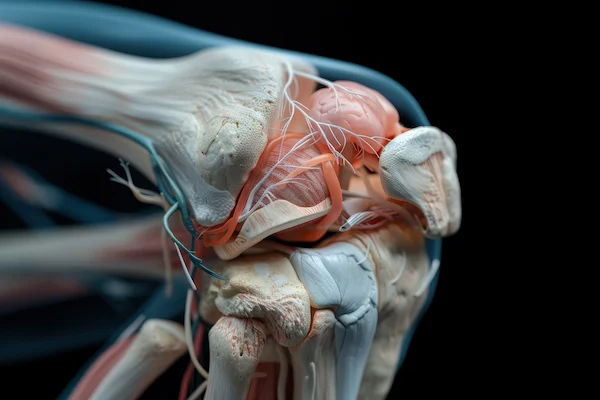- male
- 45 Years
- 14/08/2025
I have 2 dental implants and might need 2 more soon, but my doctor also recommended an MRI scan for recurring shoulder dislocations. Will the implants or any screws and plates from past ortho surgeries cause issues during the MRI because of the strong magnetic fields? I'm a bit worried about how safe it is.
Answered by 1 Apollo Doctors
Generally, dental implants and most orthopedic hardware are considered safe for MRI scans. Modern dental implants, typically made of titanium or zirconia, are not ferromagnetic and won't interfere with the MRI's magnetic field. Similarly, many orthopedic implants like screws and plates, especially those made of titanium, are also MRI-safe. However, it's crucial to inform your radiologist or doctor about all implants and hardware you have before the MRI, as some older or specific types of metal might cause issues.
Dr. Kamran Suggests...
Consult a Orthopaedician
Answered 14/08/2025
0
0

More Orthopaedics Health Queries
View allI've had a swollen lump behind my left knee for almost five years now, but it doesn't hurt when I walk or run. A neurologist told me it's a Baker's cyst. Is there any way to get rid of the fluid in the lump without having surgery?
Excision of the cyst is advised to the patient.
Answered by 1 Apollo Doctors
Which is better for treatment a surgeon or a homeopathic doctor? Can medicines alone fix health issues without needing surgery? I'm worried about going under the knife and want to explore other options first.
kindly share report
Answered by 1 Apollo Doctors
I've been having this ganglion cyst on my wrist lately and it's been bothering me. What usually causes these and what are the treatment options? Is it something serious that might need surgery, and if so, how long does recovery usually take? Also, what's the chance of it coming back after treatment? Could you recommend a good specialist for this in Mumbai or nearby areas?
Excision of the ganglion cyst is advised to the patient at apollo hospital.
Answered by 1 Apollo Doctors
Disclaimer: Answers on Apollo 247 are not intended to replace your doctor advice. Always seek help of a professional doctor in case of an medical emergency or ailment.

.webp)

